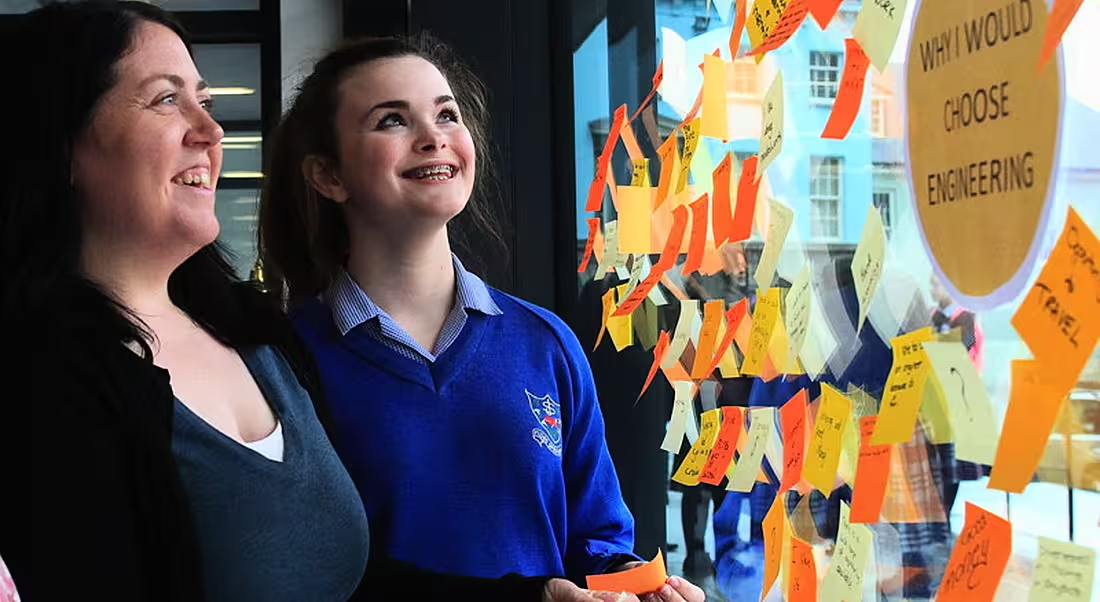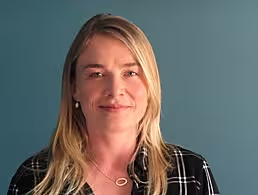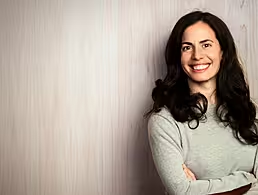There are around 70 different types of engineer, a women in engineering conference in Dublin heard this week, and our futures depend on their problem-solving abilities.
When Regina Moran finished school in Clonmel, Co Tipperary, in the 1980s, she faced a choice. She could work with the civil service or the bank, or train as a teacher. Or there was another route: she could do a course in electrical engineering in Waterford.
Moran chose the engineering option and today she is very glad she did. Today she is CEO of Fujitsu Ireland and president of Engineers Ireland, and she told her story to the Engineering Your Future: Women in Engineering conference in Dublin Castle last Wednesday morning.
The audience of around 250 female secondary school students heard about the difference that engineering has made to Moran’s life.
“It’s a passport to the world,” she said. “Engineering is that base qualification that can take you anywhere.”
Moran emphasised the diversity of engineers, noting there are about 70 different types of engineering, and the breadth of challenges they can solve.
“The future of the world is in the hands of engineers,” she said. “Climate change, clean water supplies, infrastructure, people moving into cities, ageing populations – all those challenges will be addressed by engineers from different disciplines, so we need more people to choose that path.”
Ireland is facing a shortage of skilled engineering talent and the ratio stands at 9:1 men to women in the industry, according to Engineers Ireland. Against this backdrop, Moran wants to see more women choosing engineering: “(Half) of the population are females,” she said in her address to the conference. “Why wouldn’t you be the people that save the planet and make a really big difference? Why not a woman engineer?”
Students that participated in the Engineering Your Future: Women in Engineering conference in Dublin Castle created a stop-motion video, about choosing engineering as a career
Water, roads and light
The secondary school students also heard from identical twins Edel and Lourda Casserly, who first learned about engineering by talking to an engineer staying in their family B&B when she was working on a nearby project.
The twins studied engineering at NUI Galway. Lourda explained her work as an environmental engineer, which has seen her design wastewater treatment facilities at home and abroad, and civil engineer Edel described her role in road-building projects.
Laura Tobin, a PhD candidate at University College Dublin (UCD), explained how science was her gateway to engineering. She studied experimental physics at UCD and is now working in the School of Engineering on how LED lights affect the properties of materials. Her work there is also opening up new opportunities: Tobin is developing a business based on using LEDs as an alternative light source for solar simulators.

Jade Donnery and Yasemine Given from Rosmini Pobail Scoil in Dublin explore reasons to consider a career in engineering at the Engineering Your Future: Women in Engineering conference in Dublin Castle recently. Photo by Orla Murray/Ark Photography
Spine of engineering
Engineering has been a ‘spine’ through Dr Niamh Shaw’s career, which has seen her work in a variety of roles. Shaw told the conference she first discovered she was an engineer when she worked out coding glitches while getting games to work on the Sinclair ZX Spectrum as a child.
“I would not give up, I would go through lines of code and figure out why it didn’t work,” she said. And when I did get it to work the elation was phenomenal.”
Shaw studied biosystems engineering in UCD and went on to work in the UK and Australia, thanks to her degree. She has a PhD in food science and today she is a science communicator and performer and 2014 Artist in Residence at CIT Blackrock Castle Observatory. Recent works have included explorations of particle physics and her desire to go to space.
Shaw told Siliconrepublic.com she would like students to be more aware of what engineering is about.
“I don’t think the word ‘engineer’ matches what an engineer is,” Shaw says. “Instead words like ‘problem-solver’, ‘troubleshooter’ and ‘innovator’ cover what you learn in engineering – it is about logical thinking and never giving up when looking for answers.”

Dr Niamh Shaw, engineer, and Louise Watson from The King’s Hospital School in Dublin, take part in the recent Engineering Your Future: Women in Engineering conference in Dublin Castle. Photo by Orla Murray/Ark Photography
Students have their say
The students themselves got to leave their own stamp on the conference. Before the talks, they wrote answers on sticky notes about ‘Why I would choose engineering’ (they included ‘Because it looks very interesting :)’, ’Create the future’ and ‘Good pay’) and ‘Why I would not choose engineering’ (those ones included ‘It can be confusing’, ‘Seen as a job for men’ and ‘A lot of maths involved’).
After the talks, the pupils got to quiz volunteer engineers who visited their tables, and Think Visual (@wethinkvisual) encouraged the students to express their thoughts with graphics on large sheets of paper as they learned more about engineering (the best table won a prize). The students also got the chance to make their views known in a stop-motion video afterwards.
Engineers Ireland’s STEPS team organised the event. STEPS runs a nationwide schools outreach programme promoting STEM (science, technology, engineering, maths) careers to primary and post-primary students.

One of the graphics students created at the Engineering Your Future: Women in Engineering conference in Dublin Castle
Women Invent Tomorrow is Silicon Republic’s campaign to champion the role of women in science, technology, engineering and maths. It has been running since March 2013, and is kindly supported by Accenture Ireland, Intel, the Irish Research Council, ESB, Twitter, CoderDojo and Science Foundation Ireland.




